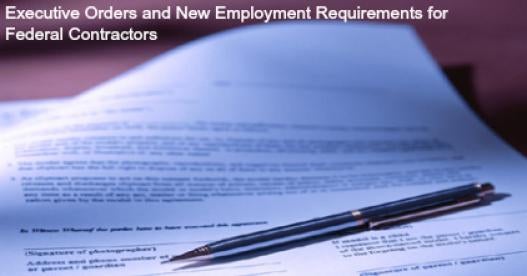In a newly-issued decision, Manitowoc Company, Inc. v. Lanning, the Wisconsin Court of Appeals invalidated an employee non-solicitation clause. Since the Wisconsin Supreme Court’s decision in Heyde v. Dove Healthcare, the validity of employee non-solicitation agreements (as distinguished from customer non-solicitation agreements and traditional non-competition agreements) has been “in the air.” In Heyde, the Supreme Court invalidated a “no hire” clause, reasoning that the clause restricted the employment of Heyde’s employees and inhibited the ability of employees to move, thereby operating as a restraint of trade. In order for a “no hire” clause to be enforceable, the Heyde court concluded it would have to be otherwise valid under Wisconsin’s non-competition agreement statute which provides, in pertinent part:
A covenant by an [employee] not to compete with his or her employer…after the termination of that employment…, within a specified territory and during a specified time is lawful and enforceable only if the restrictions imposed are reasonably necessary for the protection of the employer…. Any covenant, described in this section, imposing an unreasonable restraint is illegal, void and unenforceable even as to any part of the covenant or performance that would be a reasonable restraint.
The agreement in Heyde failed because the affected employees (the employees that could not be hired) did not know about the agreement, did not consent to it, and were not provided consideration, among other problems.
Since Heyde, it has been questioned whether the reasoning of Heyde would apply to employee “non-solicitation” agreements as distinguished from “no hire” agreements. In Manitowoc Company, the Court of Appeals applied Heyde principles to non-solicitation clauses. In Manitowoc Company, Lanning signed an agreement containing the follow provision:
I agree that during my Employment by Manitowoc and for a period of two years from the date my Employment by Manitowoc ends…I will not (either directly or indirectly) solicit, induce, or encourage any employee(s) to terminate their employment with Manitowoc or to accept employment with any competitor, supplier or customer of Manitowoc.
Manitowoc argued that the clause is not subject to the requirements of Wisconsin Statutes because the clause does not limit competition or act as a restraint of trade. The Court of Appeals rejected this argument, noting that the employee non-solicitation clause limits how Lanning “can compete with Manitowoc.” Accordingly, the Court of Appeals held that the clause must comply with Wisconsin Statutes.
Manitowoc argued the clause was designed to protect it from unfair competition and had no broader implications. However, the Court of Appeals held that the “terms of the restraint are far broader than Manitowoc would like to admit.” The Court criticized the restraint for covering “any employee” of Manitowoc, even low level workers. The Court also criticized the fact that the agreement covers solicitation of employees that Lanning knows only through social or recreational activities, or even employees that Lanning had never met. Finally, the Court also found the non-solicitation provision overbroad because of its prohibition on non-competitive employee solicitations such as those resulting in an employee leaving Manitowoc for noncompetitive employment with a supplier or customer or even serving as a job reference for a former colleague who applies to work for a competitor, supplier, or customer “or seeks to change industries all together.”
How This Impacts Your Business:
Going forward, employers should draft employee non-solicitation agreements to comply with Wisconsin Statutes. The actual terms of an employee non-solicitation clause will vary; and in Wisconsin we have very little guidance regarding what will be enforceable. Employee non-solicitation agreements should be linked to competitive activity. Moreover, businesses should be able to explain their protectable interest served by the non-solicitation clause. Normally, this will mean covering employees the restricted employee worked with, and/or employees who have access to confidential information or trade secrets.
If Manitowoc is not appealed, and remains precedent in Wisconsin, traditional employee non-solicitation agreements should be modified to create a tighter relationship between which employees can be solicited. Many post-Heyde agreements already include language which anticipates the Manitowoc arguments, and which could still be effective. Even so, for businesses which have not recently updated their agreements, Manitowoc provides good reason to do so.





 i
i

